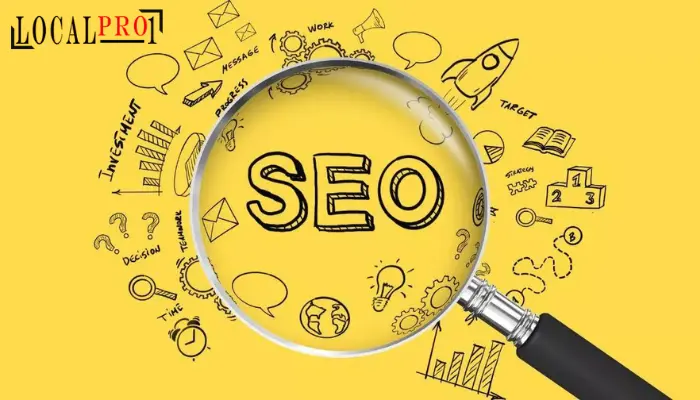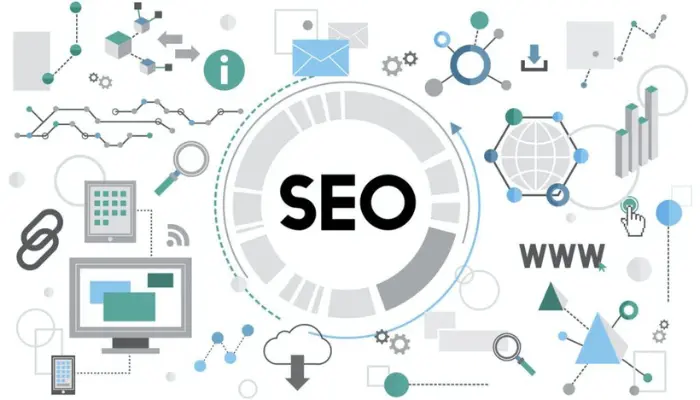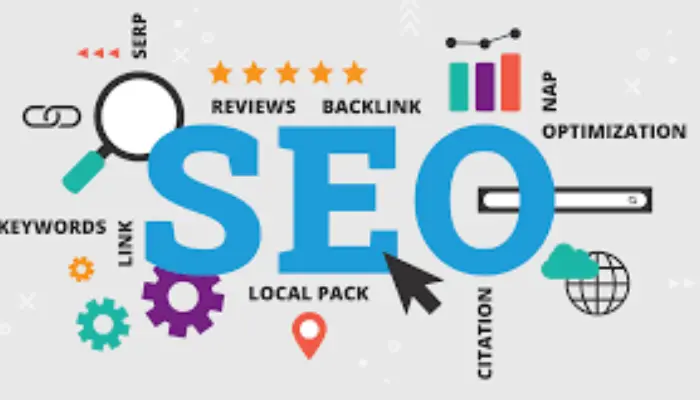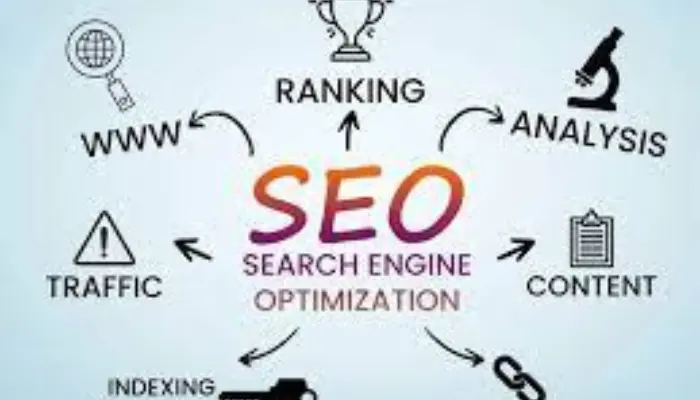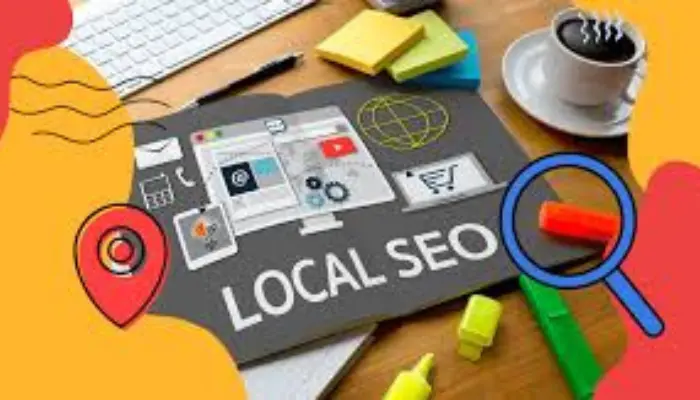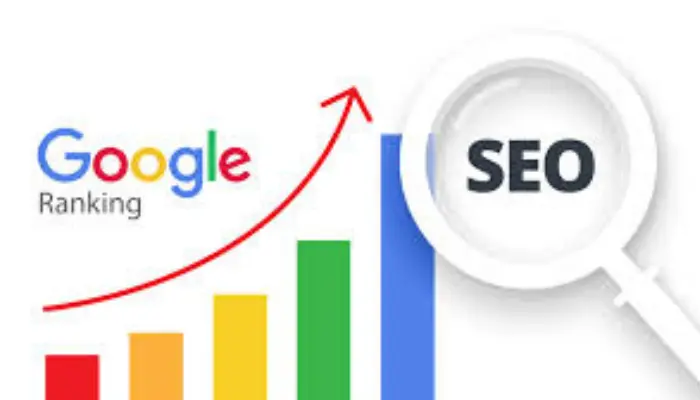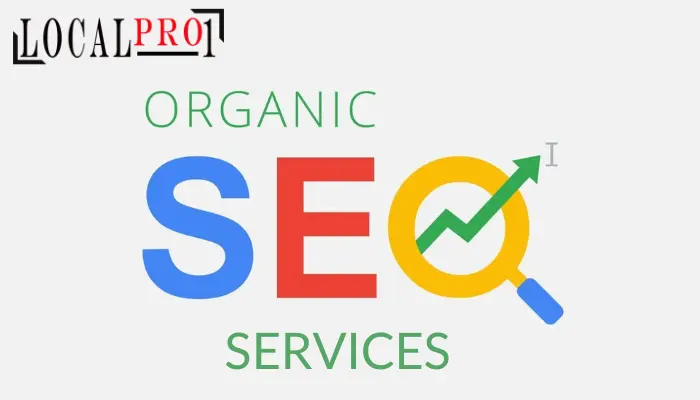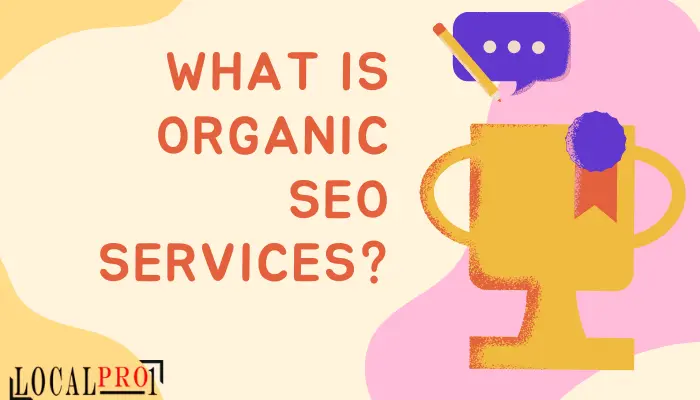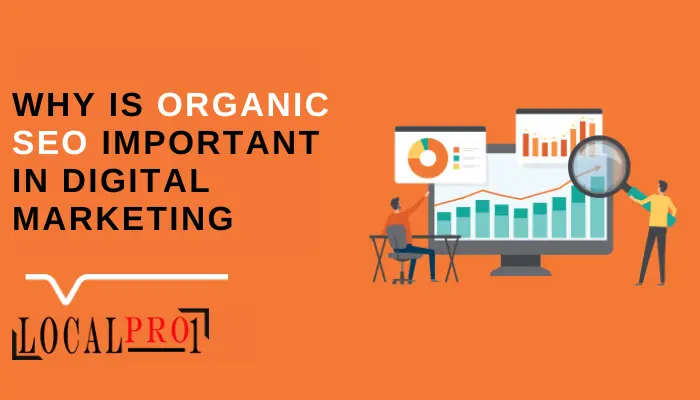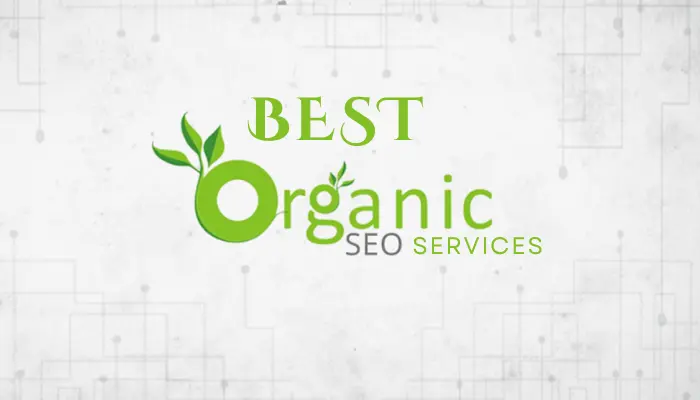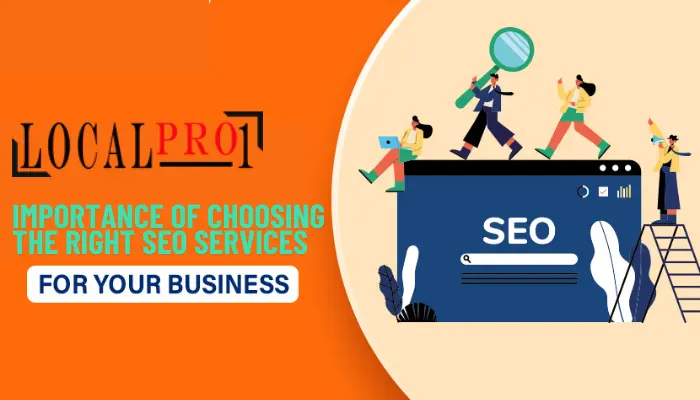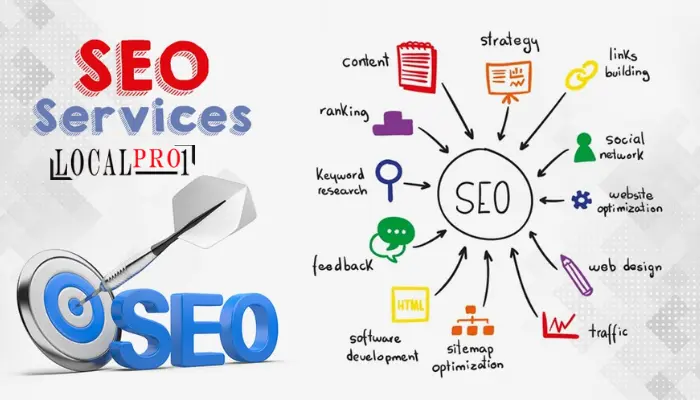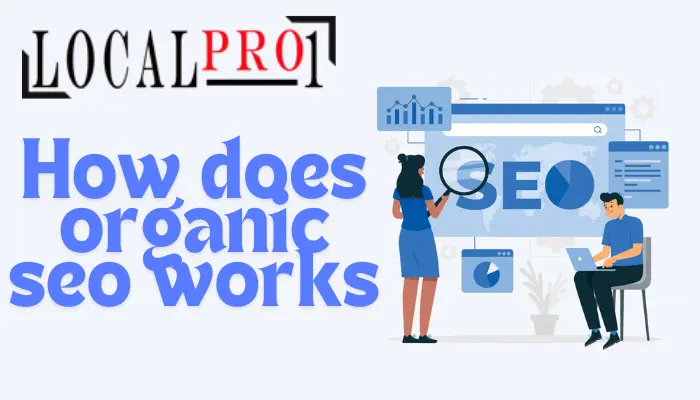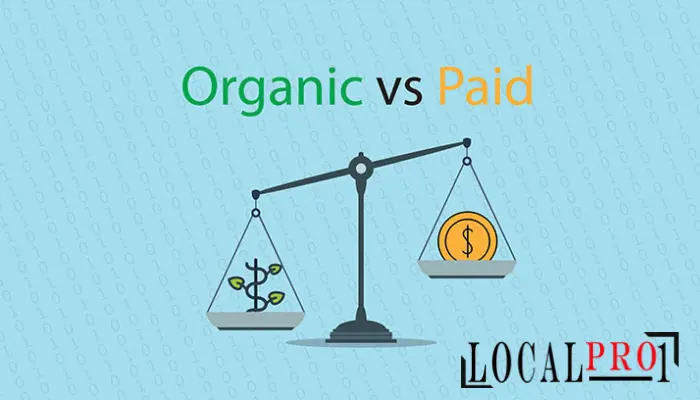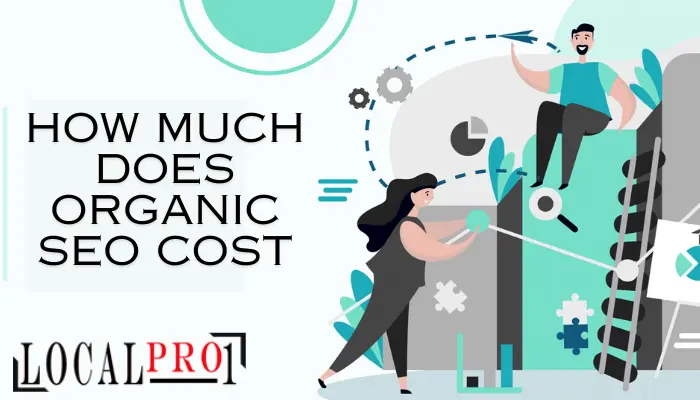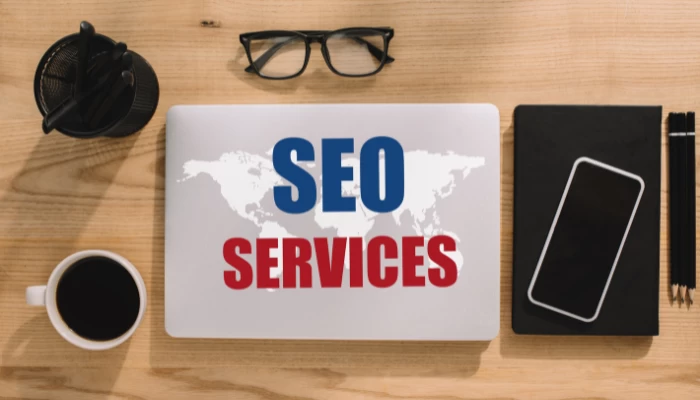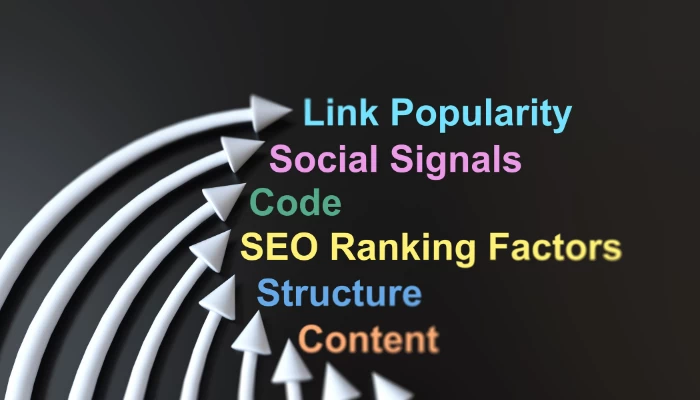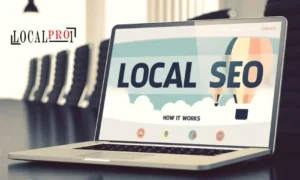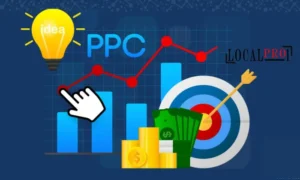Competitor Paid Search Analysis by Local Pro1
In today’s digital landscape, paid search marketing, also known as Pay Per Click (PPC) paid advertising, is a crucial component of online marketing strategies. It involves advertisers paying a fee each time their ad spends when clicked, driving traffic to their websites. This method allows businesses to reach potential customers actively searching for products or services similar to what they offer. In this guide, we’ll explore the essentials of paid search marketing, with a particular focus on understanding and analyzing your competitor Paid search strategies.
What is Paid Search Marketing?
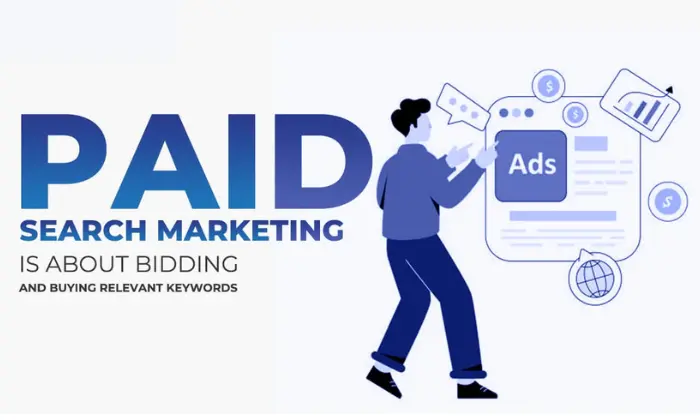
Competitor Paid search marketing strategies primarily operate through platforms like Google Ads and Bing Ads. Advertisers bid on keywords relevant to their business, and when users search for these keywords, the ads appear alongside organic search engines results. The placement of these ads is determined by a combination of the bid amount and the ad’s quality scores, which includes factors like relevance and click through rate (CTR).
Importance of Paid Search Marketing
Targeted Reach: Competitor Paid search allows businesses to target specific demographics, locations, and times, ensuring that ads are seen by the most relevant audience.
Measurable Results: With detailed analytics, businesses can track the performance of their ads, including impressions, clicks, and conversions, making it easier to measure ROI.
Flexibility and Control: Advertisers have full control over their budgets, ad creatives, and keyword targeting, allowing for quick adjustments based on performance data.
Competitor Analysis in Paid Search
Understanding your competitor paid search strategies can provide valuable insights into their marketing tactics and help you refine your own ads campaigns. Competitor analysis involves researching and evaluating the keywords, ad spend copy, bidding strategies, and landing pages used by your rivals. This can uncover opportunities to outperform them and identify gaps in your own approach.
What is Competitor Paid Search?

Competitor paid search, also known as PPC Competitor analysis, involves examining and understanding the paid search engines activities of businesses competing within the same market. This analysis includes scrutinizing the keywords competitors bid on, the structure and content of their ads, their bidding strategies, and their overall performance metrics. By gaining insights into these aspects, businesses can refine their own paid search engines campaigns to gain a competitive edge.
How Competitor Paid Search Works

Competitor paid search works by analyzing and monitoring the paid search activities of rival companies. This involves examining their use of pay per click (PPC) paid advertising on platforms like Google Ads. Key elements include identifying the keywords competitors are bidding on, analyzing their ad copy, landing pages, and overall PPC marketing strategy. Tools and software can track competitors’ ad positions, budget estimates, and the performance of their ads. By understanding these aspects, businesses can optimize their own paid search engines ads campaigns, discover new keyword opportunities, and improve ad performance to gain a competitive analysis edge.
Identifying Competitors: The first step is to identify your primary competitors’ bids. This includes both direct competitors (those offering the same products or services) and indirect competitors (those that may offer substitutes).
Keyword Analysis: Examine the keywords that your competitors are targeting. It can be done by using tools like SEMrush, Ahrefs, or SpyFu. By understanding which keywords drive traffic to competitors, you can identify new opportunities and gaps in your own keyword strategy.
Ad Copy Examination: Analyze the ad spend copy used by competitors. This includes headlines, descriptions, and call-to-actions. By understanding what messaging resonates with your shared audience, you can craft more compelling ads.
Bidding Strategies: Investigate your competitors’ bidding strategies. Tools like Auction Insights in Google Ads can provide data on how your bids compare to competitors for the same keywords. This helps in optimizing your own bidding strategy to balance cost per click and visibility.
Landing Page Analysis: Review the landing pages that competitors are driving traffic to from their ads. Assess their design, content, and user experience. A well-designed landing page can greatly increase the number of visitors who become customers.
Key Metrics to Track
When conducting a competitor paid search analysis, it’s crucial to monitor and compare several key metrics:
- Impression Share: The percentage of times your ads were shown out of the total opportunities. Comparing this with competitors helps gauge your visibility.
- Click-Through Rate (CTR): The ratio of users who click on an ad to those who view it. A higher Click through rate (CTR) indicates more effective ad copy and targeting.
- Cost Per Click (CPC): The amount paid for each click on your ad. Understanding competitors’ CPC can help you optimize your bidding strategy.
- Quality Score: A measure used by Google Ads that affects ad spend rank and CPC. It includes relevance, landing page experience, and expected CTR. A higher quality score can result in better ad positions and lower costs.
- Conversion Rate: The percentage of clicks that result in a desired action (e.g., purchase, sign-up). Comparing conversion rates helps evaluate the effectiveness of landing pages and overall ads campaign strategy.
- Ad Position: The average position where your ads appear on search engines results pages (SERPs). Monitoring your ad position relative to competitors can provide insights into the effectiveness of your bidding and quality score.
- Budget and Spend: Tracking the budget and spend of competitors can provide insights into their ads campaign scale and priorities. Tools like Adbeat can offer estimates of competitors’ ad spend.
By systematically tracking and analyzing these metrics, businesses can uncover valuable insights into their competitors’ paid search engines strategies, allowing for data-driven decisions to enhance their own PPC marketing campaigns.
Why Competitor Analysis is Crucial

Competitor analysis is crucial because it provides valuable insights into the strengths, weaknesses, opportunities, and threats within the market. By understanding what competitor bids are doing well and where they fall short, businesses can identify gaps in the market, refine their strategies, and capitalize on opportunities for growth. It also helps in anticipating market trends, improving customer satisfaction, and staying ahead of industry changes, ultimately leading to a stronger competitive analysis position and better decision-making.
Benefits of Understanding Competitor Strategies
Uncovering Opportunities: By understanding what keywords, ad copy, and bidding strategies your competitors are using, you can identify new opportunities to target untapped markets or improve your current approach.
Benchmarking Performance: Competitor analysis helps you benchmark your performance against industry standards, providing a clearer picture of where you stand and areas for improvement.
Optimizing Ad Spend: Knowing where your competitors are investing their budget can help you allocate your own ad spend more effectively, focusing on high-ROI opportunities.
Enhancing Ad Copy: Analyzing competitor ads can inspire better ad copy, making your messaging more compelling and relevant to your target audience.
Improving Landing Pages: Reviewing competitor landing pages can offer insights into design and content strategies that improve user experience and conversion rates.
How It Impacts Your PPC Campaigns
Choosing the right tools impacts your PPC marketing ads campaigns in several significant ways:
- Increased Competitiveness: With a clear understanding of your competitors’ strategies, you can develop more competitive analysis ad campaigns that capture a larger share of the market.
- Better Targeting: Competitor analysis helps refine your keyword targeting, ensuring that your ads reach the most relevant audience segments.
- Cost Efficiency: By identifying the most effective keywords and ad strategies, you can optimize your budget and reduce wasted spend.
- Higher Quality Scores: Learning from competitors’ successes and mistakes can help improve your ad relevance and landing page experience, leading to higher quality scores and better ad positions.
- Strategic Adaptation: Continuous monitoring of competitors allows you to quickly adapt to market changes, staying ahead of trends and shifts in consumer behavior.
Steps to Conduct Competitor Paid Search Analysis
Identifying Your Competitors
- Direct Competitors: Businesses offering the same or similar products/services to the same target audience.
- Indirect Competitors: Businesses offering alternative solutions or substitutes to your products/services.
Analyzing Competitor Keywords
- Keyword Research Tools: Use tools like Semrush, Ahrefs, or SpyFu to discover the keywords your competitors are bidding on.
- Gap Analysis: Identify keywords that your competitors are targeting but you are not, as well as high-performing keywords that you share.
Assessing Ad Copy and Landing Pages
- Ad Copy Review: Evaluate the headlines, descriptions, and calls-to-action used in competitor ads. Look for themes, tones, and strategies that appear to be effective.
- Landing Page Analysis: Assess the design, content, and user experience of competitor landing pages. Identify elements that enhance engagement and conversion rates.
Evaluating Bidding Strategies
- Auction Insights: Use Google Ads Auction Insights to see how your ad performance compares with competitors for shared keywords.
- Bidding Patterns: Look for patterns in your competitors’ bidding strategies, such as time of day, day of the week, and seasonal adjustments.
Tools for Competitor Paid Search Analysis
- SEMrush: Comprehensive tool for keyword research, ad analysis, and competitor insights.
- Ahrefs: Powerful for keyword analysis and backlink research, with insights into competitors’ paid search strategies.
- SpyFu: Focuses on competitor keyword research and ad copy analysis, providing detailed data on PPC marketing campaigns.
- Google Ads Auction Insights: Directly from Google, offering comparative performance metrics against competitors.
- Adbeat: Specializes in competitive intelligence for display paid advertising, including spend estimates and ad creatives.
Free vs Paid Tools
- Free Tools: Limited in scope but useful for basic analysis. Examples include Google Keyword Planner and Google Ads Auction Insights.
- Paid Tools: Offer comprehensive features, detailed data, and advanced analytics. Examples include tools like SEMrush, Ahrefs, and SpyFu.
Selecting the Ideal Tool for Your Requirements
Competitor paid search works by analyzing and monitoring the paid search activities of rival companies. This involves examining their use of pay per click (PPC) paid advertising on platforms like Google Ads. Key elements include identifying the keywords competitors are bidding on, analyzing their ad copy, landing pages, and overall PPC marketing strategy. Tools and software can track competitors’ ad positions, budget estimates, and the performance of their ads. By understanding these aspects, businesses can optimize their own paid search ads campaigns, discover new keyword opportunities, and improve ad performance to gain a competitive edge.
Choosing the right tool for your needs involves several key steps
Budget: Determine how much you can afford to invest in analysis tools. Free tools may suffice for small businesses, while larger companies might benefit from the advanced features of paid tools.
Features: Identify the specific features you need, such as keyword research, ad copy analysis, or spend estimates.
Ease of Use: Choose a tool with an intuitive interface and good customer support to ensure you can make the most of its capabilities.
Integration: Consider tools that integrate well with your existing marketing platforms and workflows.
Scalability: Ensure the tool can grow with your business and accommodate increasing data needs.
By following these steps and leveraging the right tools, you can gain deep insights into your competitors’ paid search strategies, allowing you to refine your own ads campaigns and achieve better performance.
How Local Pro1 Utilizes These Tools
Local Pro1 leverages free PPC competitor analysis tools to optimize its paid search marketing strategies. By systematically using these tools, Local Pro1 can stay ahead of competitors and enhance the effectiveness of its PPC marketing ads campaigns. Here’s a detailed look at Local Pro1’s approach:
Comprehensive Keyword Research
- Tool Used: Google Keyword Planner
- Approach: Local Pro1 starts by identifying relevant keywords using Google Keyword Planner. They input seed keywords related to their services and get suggestions for new keywords, along with search volume and competition data. This helps in understanding what potential customers are searching for and identifying keyword gaps in their strategy.
Competitor Keyword Analysis
- Tool Used: Ubersuggest
- Approach: By using Ubersuggest, Local Pro1 analyzes competitor domains to see which keywords drive traffic to their sites. This tool helps them uncover high-performing keywords their competitors are targeting but they may have missed. They also use the tool to find content ideas and topics that resonate with their audience.
Ad Copy and Bidding Strategy Insights
- Tool Used: WordStream Free Keyword research Tool
- Approach: Local Pro1 utilizes the WordStream Free Keyword researchTool to discover niche and long-tail keywords.
Benefits Experienced by Local Pro1
Enhanced Keyword Strategy: By utilizing these tools, Local Pro1 has significantly improved its keyword strategy. They are able to target a broader range of relevant keywords, including high-performing and niche keywords that were previously overlooked.
Improved Ad Copy: Analyzing competitor ad copies has inspired more compelling and effective ad creatives for Local Pro1. This has led to higher click through rates (CTR) and better engagement with their ads.
Optimized Bidding: Insights into competitors’ bidding strategies have allowed Local Pro1 to optimize their own bids. This has helped in achieving a better balance between cost per click and visibility, reducing wasted spend and improving overall ads campaign efficiency.
Higher Quality Scores: With improved ad relevance and better landing page experiences, Local Pro1 has seen an increase in their Quality Scores on Google Ads. This has resulted in better ad placements and lower costs per click (CPC).
Competitive Edge: Regular competitor analysis has given Local Pro1 a competitive edge in their market. They are able to quickly adapt to changes, capitalize on new opportunities, and stay ahead of their competitors.
Cost Savings: Using free tools effectively has allowed Local Pro1 to gain valuable insights without significant financial investment. This cost-saving approach has enabled them to allocate more budget towards actual ad spend, maximizing their ROI.
Conclusion
In conclusion, implementing a thorough competitor paid search analysis is essential for any business looking to excel in the competitive analysis of paid search marketing. By understanding your competitors’ strategies, you gain valuable insights that can inform and optimize your own ads campaigns, leading to improved performance and better results. Don’t let your competitors outshine you in the digital arena. Contact Us today and let us help you dominate the paid search landscape!
- Tool Used: SEMrush (Free Version)
- Approach: SEMrush is used by Local Pro1 to gain insights into the traffic sources and overall performance of competitor websites. They look at top-performing keywords, organic and paid traffic estimates, and traffic trends. This helps them benchmark their performance against industry standards and identify areas for improvement.
Long-Tail Keyword Identification
- Tool Used: WordStream Free Keyword research Tool
- Approach: Local Pro1 utilizes the WordStream Free Keyword researchTool to discover niche and long-tail keywords.
Benefits Experienced by Local Pro1
Enhanced Keyword Strategy: By utilizing these tools, Local Pro1 has significantly improved its keyword strategy. They are able to target a broader range of relevant keywords, including high-performing and niche keywords that were previously overlooked.
Improved Ad Copy: Analyzing competitor ad copies has inspired more compelling and effective ad creatives for Local Pro1. This has led to higher click through rates (CTR) and better engagement with their ads.
Optimized Bidding: Insights into competitors’ bidding strategies have allowed Local Pro1 to optimize their own bids. This has helped in achieving a better balance between cost per click and visibility, reducing wasted spend and improving overall ads campaign efficiency.
Higher Quality Scores: With improved ad relevance and better landing page experiences, Local Pro1 has seen an increase in their Quality Scores on Google Ads. This has resulted in better ad placements and lower costs per click (CPC).
Competitive Edge: Regular competitor analysis has given Local Pro1 a competitive edge in their market. They are able to quickly adapt to changes, capitalize on new opportunities, and stay ahead of their competitors.
Cost Savings: Using free tools effectively has allowed Local Pro1 to gain valuable insights without significant financial investment. This cost-saving approach has enabled them to allocate more budget towards actual ad spend, maximizing their ROI.
Conclusion
In conclusion, implementing a thorough competitor paid search analysis is essential for any business looking to excel in the competitive analysis of paid search marketing. By understanding your competitors’ strategies, you gain valuable insights that can inform and optimize your own ads campaigns, leading to improved performance and better results. Don’t let your competitors outshine you in the digital arena. Contact Us today and let us help you dominate the paid search landscape!


